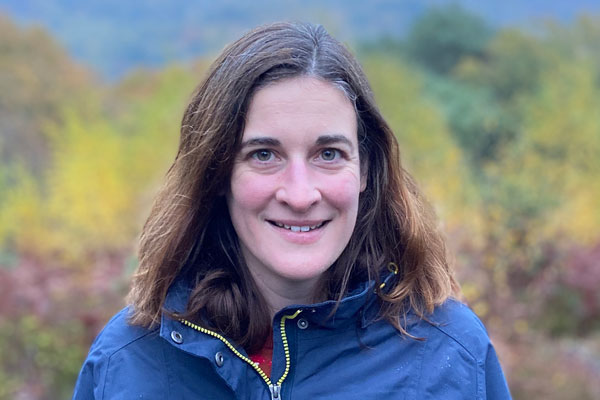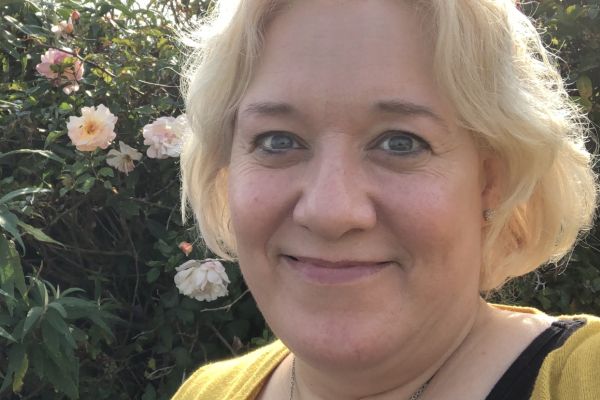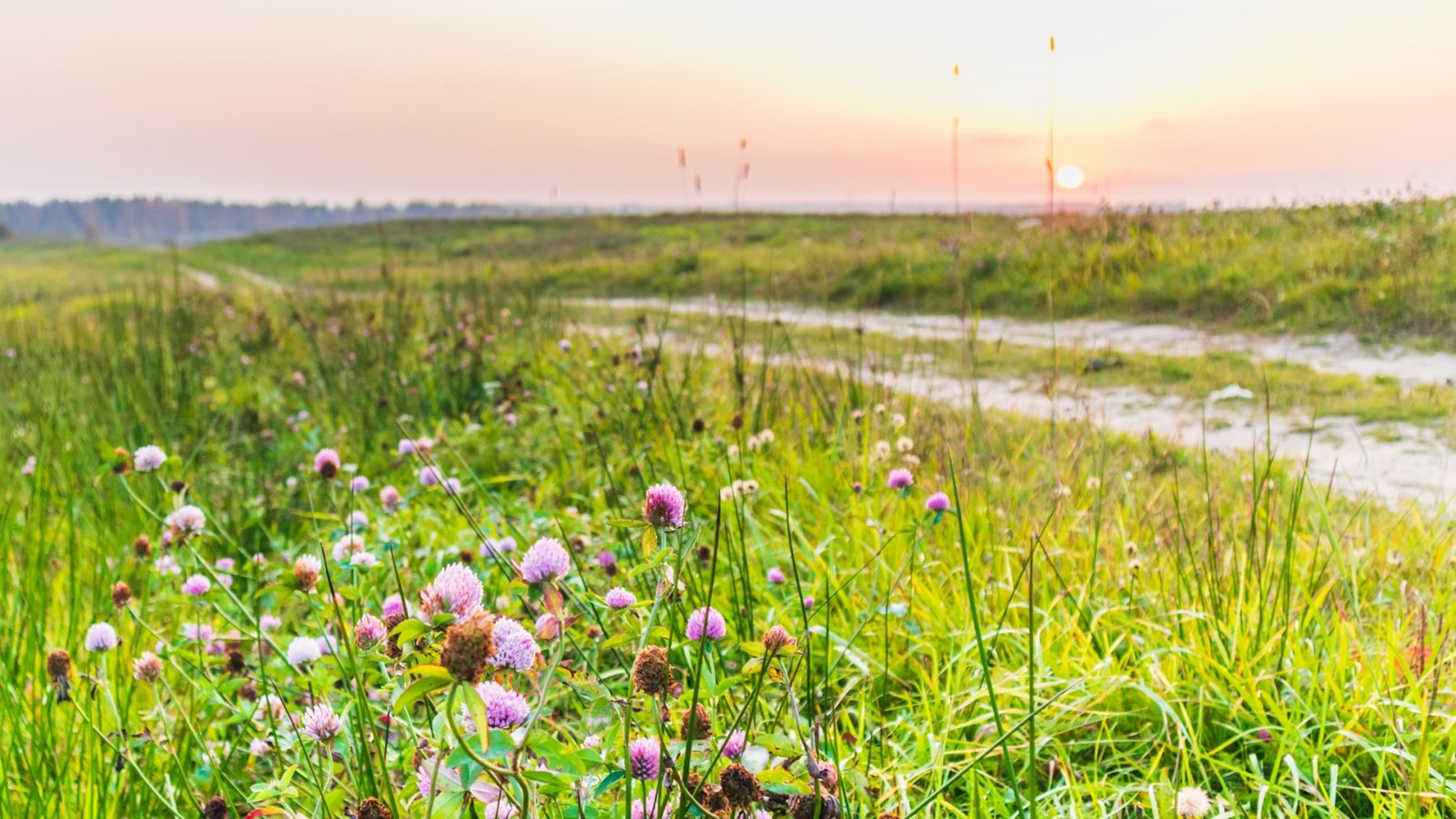I have always loved the outdoors. Nature feeds my soul. Some of the most deeply connecting and memorable conversations I have had, took place whilst walking.
I have been working with my therapist since September 2019. During lockdown in 2020 we started walking and talking therapy. Once a fortnight, weather permitting, we meet at a local English Heritage Site. The venue lends itself well to a circular walk with plenty of open space. There is something liberating about the vast skies, the distant views and the fresh air. I can relax and breathe deeply.
In a recent session, I noticed the wind brushing my cheek and the sound it makes in the trees. I mentioned this to my therapist, who explained that during this kind of therapy there is a relationship developing, not only between client and therapist, but also with nature too. In that moment I became very aware of how the natural world, in particular the weather, makes an impact.
In the UK the weather is a topic for conversation because it is so changeable. I reflected aloud about the lack of control humans have over the weather. If it rains as I am about to leave the house, I can fight it and refuse to don a raincoat or accept the conditions and go with it. Nature was mirroring. The theme of control surfaced. I reflected on how I like to be in control, but that there is an emerging part of me, that is more accepting of circumstances happening to me. I felt lighter. For me, working in relationship with nature is adding value.
Before I started training to be a counsellor, I had wondered about the therapeutic value of walking and talking and was delighted when my therapist suggested it. In discussion with her, I have learned that it provides opportunities to be curious about the client, the pace at which they want to walk, if this changes within the session, whether they want to lead the walk or be led, whether they are aware of the natural world or not, how they react to other people or their dogs. It can all be brought into the therapeutic relationship.
It isn’t for everyone. I can imagine it might feel too unsafe for some; the boundary of four walls providing a more secure holding base, but I like it and am keen to continue exploring its potential to support mental health.
Read more...

A therapeutic journey with nature
Rebecca Capper talks about forming close bonds with the nature on her doorstep and going deeper into her own therapeutic process. Mental Health Awareness Week 2021

Meditation in the outdoors
Kat Kingsley-Hughes explores the sensations we feel when we're part of a natural soundscape. Mental Health Awareness Week 2021

Blogs and vlogs 2021
News, views and updates from our staff, members and counselling clients
Views expressed in this article are the views of the writer and not necessarily the views of BACP. Publication does not imply endorsement of the writer’s views. Reasonable care has been taken to avoid errors but no liability will be accepted for any errors that may occur.
